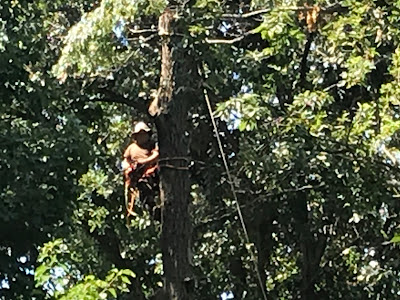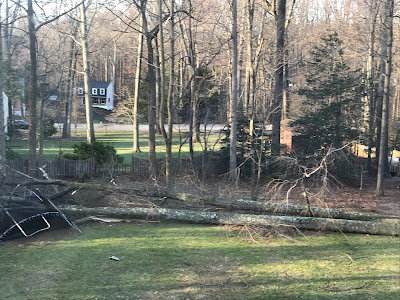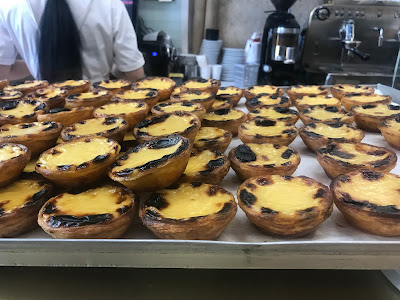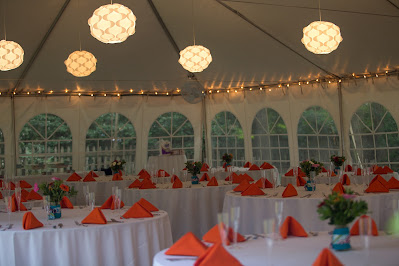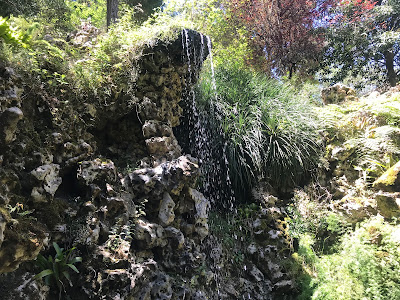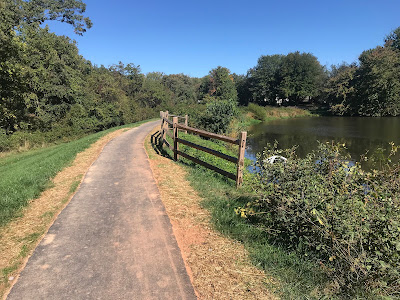Heavy Metal
As the world economy continues to slump, the dollar and euro have nearly reached parity. Although this may be good news for American travelers in Europe, it’s hardly a happy situation. It does make me think about the euro, though, and how I felt about it when I was over there.
The smallest paper currency is, of course, the €5 note, which means that denominations smaller than that, including €1, are coins.
I felt the weighty difference when I was traveling. Does it cause one to spend more or less? The former, I think, since one might be tempted to treat the €1 as a quarter. But it is more honest. The dollar buys so little these days it may as well be a coin.
So it gave me pause, these differences in currency. Think how much heavier our pockets and purses would be if we were to adapt a similar model. But would it make more sense in the long run? I think so.


